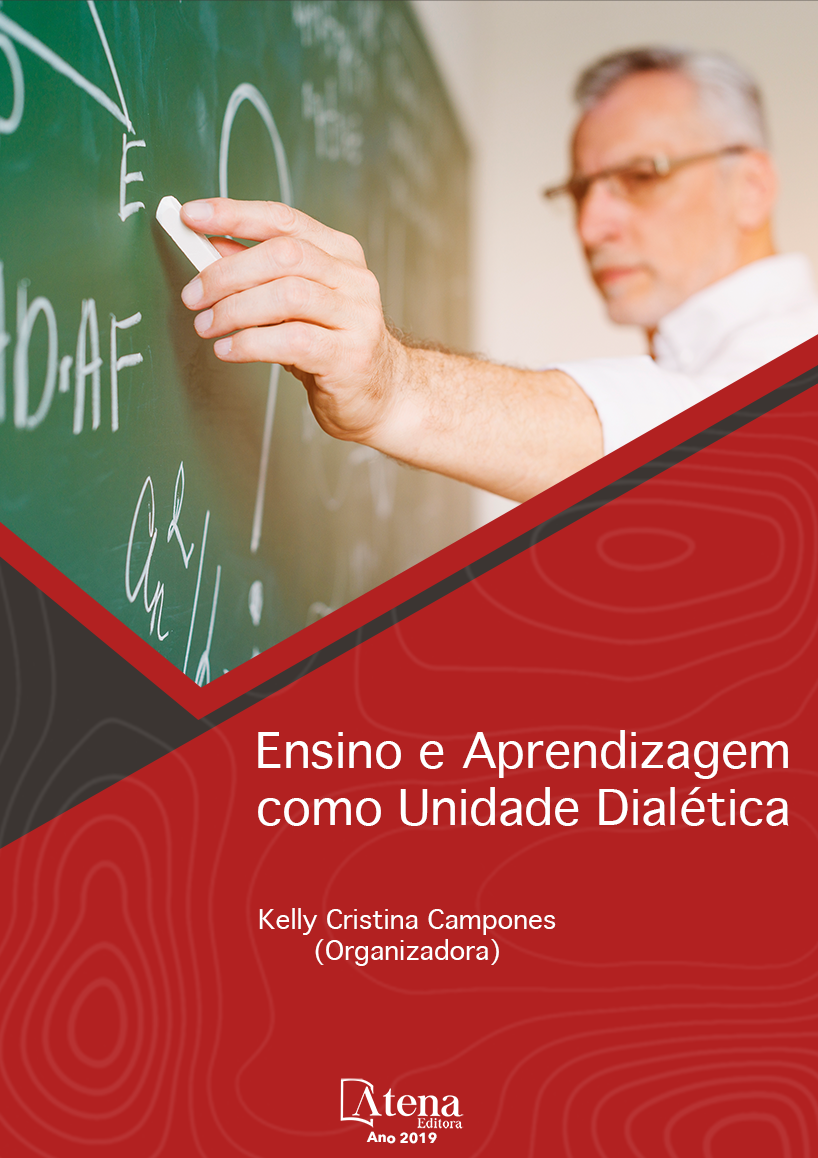
PRÁTICAS PEDAGÓGICAS BEM SUCEDIDAS NO ENSINO MÉDIO
Este trabalho apresenta resultados
de pesquisa sobre as práticas docentes
bem sucedidas de professores de ensino
médio, indicados pelos alunos como aqueles
que fazem a diferença no seu processo de
aprendizagem. Objetiva-se identificar as
estratégias pedagógicas e relacionais dos
"bons professores" indicados pelos alunos.
Articula-se com o eixo “Didática, seus saberes
estruturantes e formação de professores/as”,
identificando saberes estruturantes da prática
pedagógica. Questiona-se como os docentes
conduzem o processo ensino-aprendizagem
de jovens do ensino médio da periferia? Quais
as características que mais se evidenciam
nas aulas dos professores indicados como
"bons professores"? A análise comparativa
da atuação dos professores observados
permitiu reunir elementos singulares da prática
docente neste contexto, como a influência da
dimensão relacional sobre a didática, o papel
motivador do docente como condição para a
aprendizagem dos jovens, a lógica reguladora
do tempo, a importância da contextualização
dos conteúdos e a aproximação com o contexto
cultural dos jovens. Além destes fatores, as
análises remeteram a questões pessoais e
emocionais do docente, envolvendo aspectos
de sua personalidade, o que confere o caráter
único a cada atuação. Foi possível identificar
que os professores não agem unicamente de
acordo com um estatuto profissional baseado
no pré-estabelecimento de normas norteadoras
de condutas. A influência da subjetividade e da
experiência de cada um regula fortemente a
ação docente. Pôde-se perceber um processo
constante de reconstrução das ações, de
busca de alternativas, principalmente diante de
situações imprevisíveis. Isto torna cada professor
único, assim como o seu estilo de ensinar
construído e em constante desenvolvimento.
PRÁTICAS PEDAGÓGICAS BEM SUCEDIDAS NO ENSINO MÉDIO
-
DOI: 10.22533/at.ed.81819150738
-
Palavras-chave: Práticas bem sucedidas. Professor. Ensino Médio
-
Keywords: Successful practices. Teacher. High school
-
Abstract:
This paper presents research
results on the successful teaching practices
of high school teachers, indicated by students
as the ones that make the difference in their
learning process. The objective is to identify
the pedagogical and relational strategies of the
"good teachers" indicated by the students. It
articulates with the axis "Didactics, its structuring
knowledges and teacher training", identifying
structuring knowledge of pedagogical practice.
The question is how do teachers conduct the
teaching-learning process of secondary school
students in the periphery? What characteristics
are most evident in the classes of teachers indicated as "good teachers"? The
comparative analysis of the observed teachers' performance allowed to gather singular
elements of the teaching practice in this context, such as the influence of the relational
dimension on didactics, the motivating role of the teacher as a condition for the learning
of the young, the logic of time, the importance of contextualization of the contents and
the approximation with the cultural context of the young people. Besides these factors,
the analyzes referred to personal and emotional questions of the teacher, involving
aspects of his personality, which confers the unique character to each performance.
It was possible to identify that teachers do not act solely according to a professional
status based on the pre-establishment of guiding standards of conduct. The influence
of subjectivity and the experience of each one strongly regulates the teaching action. It
was possible to perceive a constant process of reconstruction of the actions, of search
of alternatives, mainly in the face of unforeseeable situations. This makes each teacher
unique as well as his style of teaching built and constantly developing.
-
Número de páginas: 15
- Silvana Soares de Araujo Mesquita


